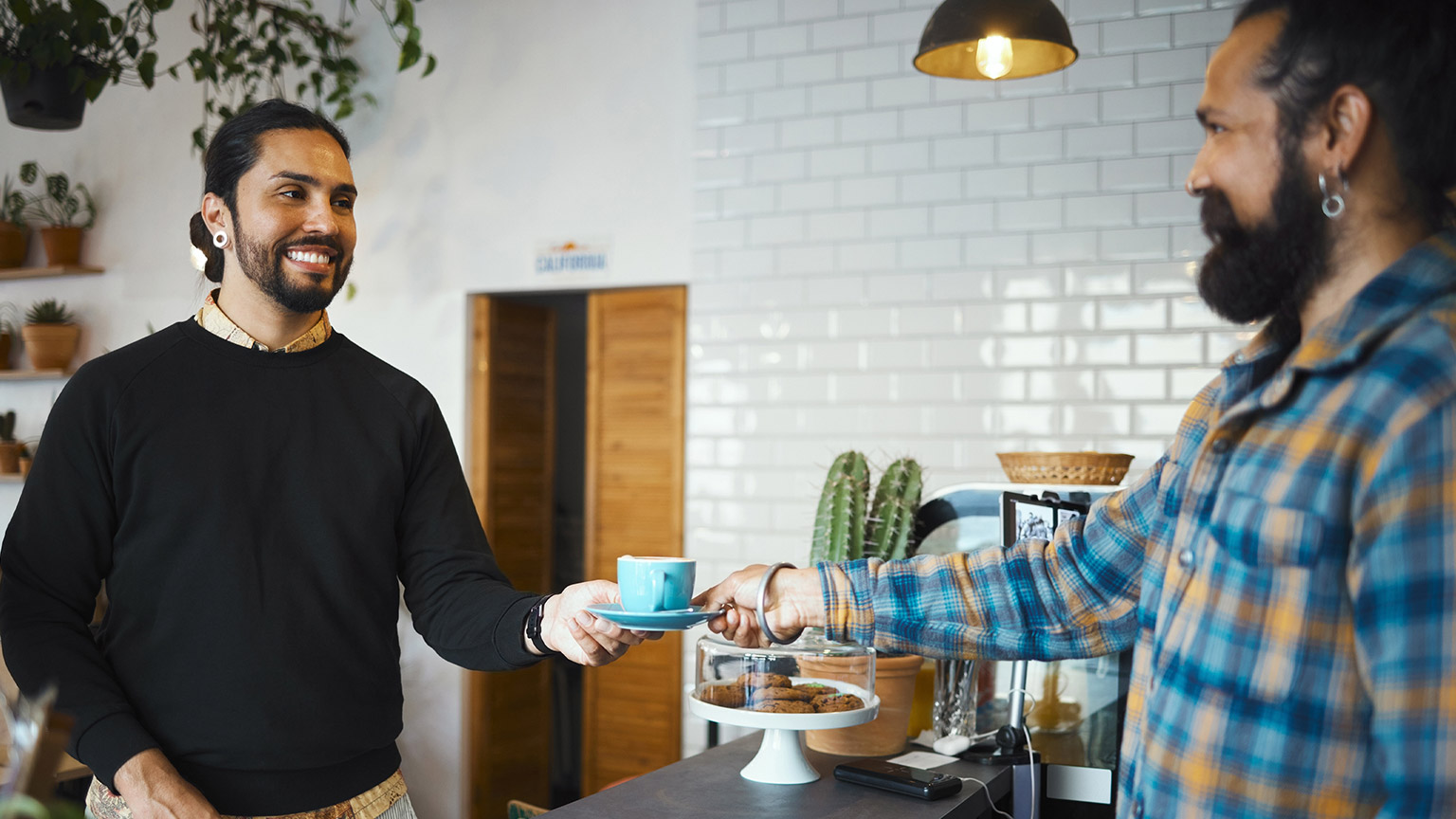Consumer behaviour refers to the study of how individuals, groups and organisations select, purchase, use and dispose of goods, services, ideas or experiences to satisfy their needs and desires. Understanding consumer behaviour is crucial for hospitality businesses to enable them to continue to improve services, create effective marketing strategies for enhanced customer satisfaction and loyalty. Watch the following video to find out more about what affects consumer behaviour
Video Title: Importance of Consumer Behaviour: Understanding the Buying Mind
Watch Time: 10’03”
Video Summary: A comprehensive discussion on understanding consumer behaviour which covers the meaning and concept of consumer behaviour, differentiates between customers and consumers, and highlights the importance of understanding consumer behaviour for businesses. The video also examines various factors influencing consumer behaviour, including psychological, social, cultural, personal, and economic factors, and explains how businesses can leverage this understanding to improve marketing strategies, gain competitive advantages, and foster long-term customer relationships.
Pre-Watch Question: How do you think understanding consumer behaviour can help a hospitality business to improve its services and marketing strategies?
Post Watch Task: Based on the factors influencing consumer behaviour shown, how would you tailor a marketing strategy for Pauanui Ocean Resort aiming to attract eco-conscious tourists from New Zealand and abroad?
Source: YouTube Channel: Leaders Talk
Key Concepts in Consumer Behaviour
Needs and Wants: Needs are basic requirements, essential for survival: e.g. food, water, shelter. Wants are desirable products and services which enhance quality of life but are not essential for survival.
Motivation: Motivation is the driving force behind consumers’ actions which stems from the desire to fulfil needs and wants. In the hospitality context, motivations can include the desire for relaxation, adventure or socialisation.
Perception: Perception is how consumers interpret information from around them to form a world-view. In hospitality, perception in influenced by marketing messages, past experiences and word-of-mouth recommendations.
Learning: Learning involves a change in behaviour arising from past experiences. In hospitality, learning can occur through direct experiences like staying in a hotel or through reviews and advertisements.
Attitudes and Beliefs: Attitudes are favourable or unfavourable evaluations, emotional feelings and action tendencies towards some idea or object. Beliefs are descriptive thoughts that a person holds about something. These influence consumers’ choices and brands loyalty.
Cultural, Social and Personal Factors:
- Cultural factors include values, perceptions, preferences and behaviours learned from a person’s family and cultural background.
- Social factors include family, friends, social networks and a person’s other influential groups.
- Personal factors include age, occupation, lifestyle, economic situation and personality.
Consumer Decision-Making Process
Understanding the consumer decision-making process is vital for hospitality businesses to influence potential customers effectively. The process includes:
| Problem Recognition | The consumer recognises a need or problem, for example a need for a holiday due to stress. |
| Information Search | The consumer searches for information about the possible solutions. This can include looking up hotels, reading reviews or seeking information online. |
| Evaluation of Alternatives | The consumer evaluates different options based on criteria such as price, location, amenities and reviews. |
| Purchase Decision | The consumer decides on the best option and makes a booking. |
| Post-Purchase Behaviour | After purchase, the consumer evaluates their experience, which influences future behaviour and word-of-mouth recommendations. |
Factors Influencing Consumer Behaviour
| Service Quality | High-quality service leads to customer satisfaction and repeat business. Key aspects include responsiveness, assurance, empathy and reliability. |
| Customer Experience | Creating memorable experiences can significantly influence consumer behaviour. This involves not merely meeting, but exceeding customer expectations. |
| Brand Image and Reputation | A strong, positive brand image and reputation can attract new customers and help retain existing ones. Reputation can be built through consistent quality service and positive customer reviews. |
| Technological Advancements | The use of technology, such as mobile apps for bookings, personalised marketing through data analytics and AI-driven customer service can enhance the customer experience and influence behaviour. |
| Environmental and Ethical Considerations | Customers are increasingly prioritising environmental and ethical practices of hospitality businesses. Sustainable practices and corporate social responsibility can positively impact consumer choices. |
You’ve reached the end of the learning material for this topic. Let’s go over the key points:
- Consumer behaviour involves the study of how individuals, groups, and organisations select, purchase, use, and dispose of goods, services, ideas, or experiences to satisfy their needs and desires.
- Understanding consumer behaviour helps tailor services, improve marketing strategies, enhance customer satisfaction and drive business success.
- Key concepts covered:
- Needs and wants
- Motivation
- Perception
- Learning
- Attitudes and beliefs
- Cultural, social, and personal factors
- Consumer decision-making process
- Problem recognition
- Information search
- Evaluation of alternatives
- Purchase decision
- Post-purchase behaviour
- Influencing factors in hospitality
- Service quality
- Customer experience
- Brand image and reputation
- Technological advancements
- Environmental and ethical considerations
Now test your understanding of the content in this topic by applying what you have learned to our fictional case study at Pauanui Ocean Resort. At the end of the exercise you will be able to export your work as a Word document so you can refer back to it in the future. Note: your tutor may allow you to work on this in groups as a class project.
Complete the following ten-pages Documentation Tool activity by typing directly into the box. You have the option to save your answers on the last page.
